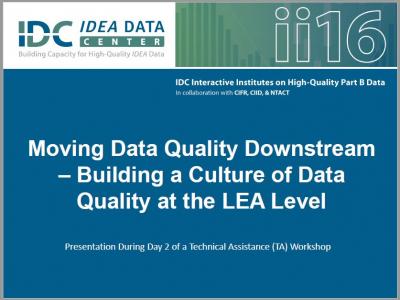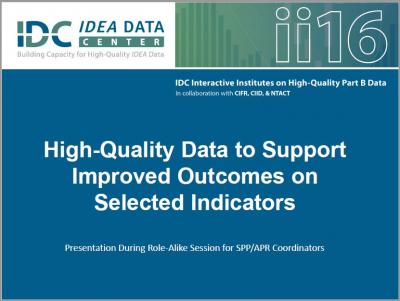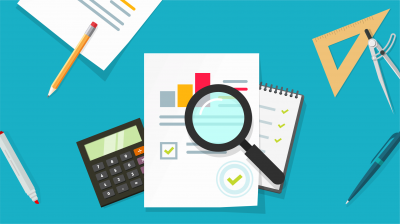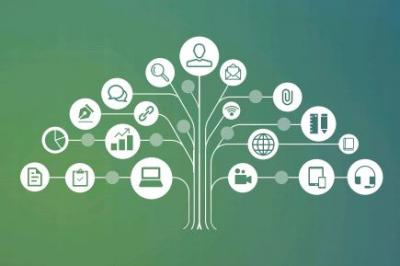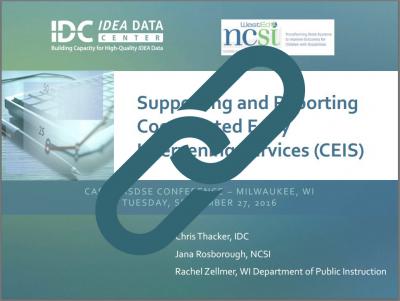Site Search
Results 8 - 14 of 25
Format: Presentations
Sharing Data With Locals: Data Quality and Data Use From the Ground UpThis topical burst suggests guidance and tips for creating data products for local staff and ways to promote a culture of high-quality data and data use at the local level.
Format: Presentations
Moving Data Quality Downstream - Building a Culture of Data Quality at the LEA LevelPresenters and participants discussed strategies that SEAs can use to help LEAs in collecting section 618 and other state-required data that is of high-quality. They explored IDC’s Knowledge Lab that lists various resources around different data collections. The Knowledge Lab contains many resources designed to help SEAs and LEAs gather, collect, validate, and report high-quality data. The discussion allowed for state input on how the state uses or can use these resources.
Format: Presentations
High-Quality Data to Support Improved Outcomes on Selected IndicatorsThis interactive role-alike presentation for SPP/APR Coordinators engaged states in discussion and dialogue around their experiences with select APR Indicators that address student outcomes. The session included one state's experiences with capturing and using high-quality data and how the data are used to inform the APR and drive decisions for selecting and implementing strategies to improve student outcomes. Participants were encouraged to share their state's examples to improve the APR and student outcomes.
Format: Toolkits
SEA Data Processes ToolkitUsing the SEA Data Processes Toolkit to document data processes for all 616 and 618 data collections will establish a well-managed process for data collection, validation, and submission. In collaboration with IDC State Liaisons, states can use the toolkit to create and maintain a culture of high-quality data and establish and support consistent practices that produce valid and reliable data, while building the capacity of state staff.
Format: Toolkits and Templates
Part C IDEA Data Processes ToolkitUsing the Part C IDEA Data Processes Toolkit to document data processes for all 616 and 618 data collections will establish a well-managed process for data collection, validation, and submission. In collaboration with IDC State Liaisons, states can use the toolkit to create and maintain a culture of high-quality data and establish and support consistent practices that produce valid and reliable data, while building the capacity of state staff. The toolkit contains an overview of the toolkit, Data Collection Protocols, SPP/APR Indicator Protocols, a State Landscape Protocol, a Local EI Program Determinations Protocol, a Data Collections Calendar, and additional resources that provide a structure for documenting data processes. The Data Collection Protocols are in Word, and states can tailor them meet their states' specific documentation needs.
Format: Presentations
Supporting and Reporting CEISPanel presenters from IDC, NCSI, and the Wisconsin Department of Public Instruction discussed CEIS including required and voluntary implementation as well as activities that may be provided using these funds. Presenters also reviewed IDC's Navigating CEIS White Paper and FAQ documents and discussed data and fiscal requirements for LEAs implementing this program. Additionally, Rachel Zellmer described how Wisconsin administers CEIS and works with its LEAs to ensure appropriate services are provided that maximize impact while addressing, if appropriate, why the LEA was identified.
Format: Guides and Briefs
Collecting and Reporting the New Data Elements Related to the Local Education Agency Maintenance of Effort ProvisionsProduced by IDC and CIFR, this resource discusses each of the four new data elements OSEP is adding related to the LEA MOE provisions of IDEA in the MOE Reduction and CEIS data collection. The resource reviews each new element, presents information about actions the SEA may take to address and answer the questions posed for each of the four data elements, and provides additional support and assistance as states prepare to collect and submit these data.



